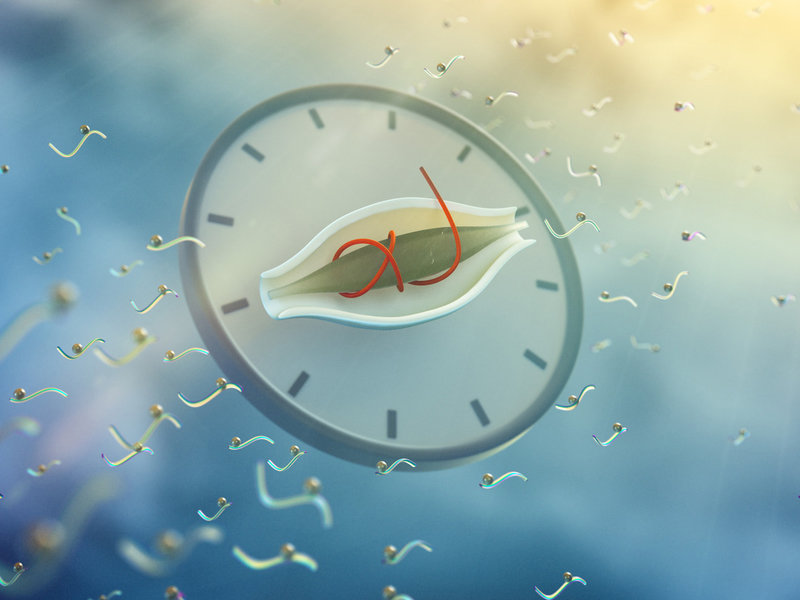Cellular regulation by circadian clocks

Circadian is the latin meaning for “about a day”. Circadian clocks have evolved to adapt our lives to the daily environmental changes on earth: light and warmth during the day and darkness and cold at night. Scientists at the Max-Planck-Institute of Biochemistry in Martinsried discovered with the help of the mass spectrometry, that more than 25 percent of the molecular protein switches in mouse liver cells change in a daily manner. These rhythmic switches are binding sites for phosphate molecules, that regulate the function of proteins, and thereby the daily metabolic processes in the organ. The study was published in the journal Cell Metabolism.
20. January 2017 - 15:18
